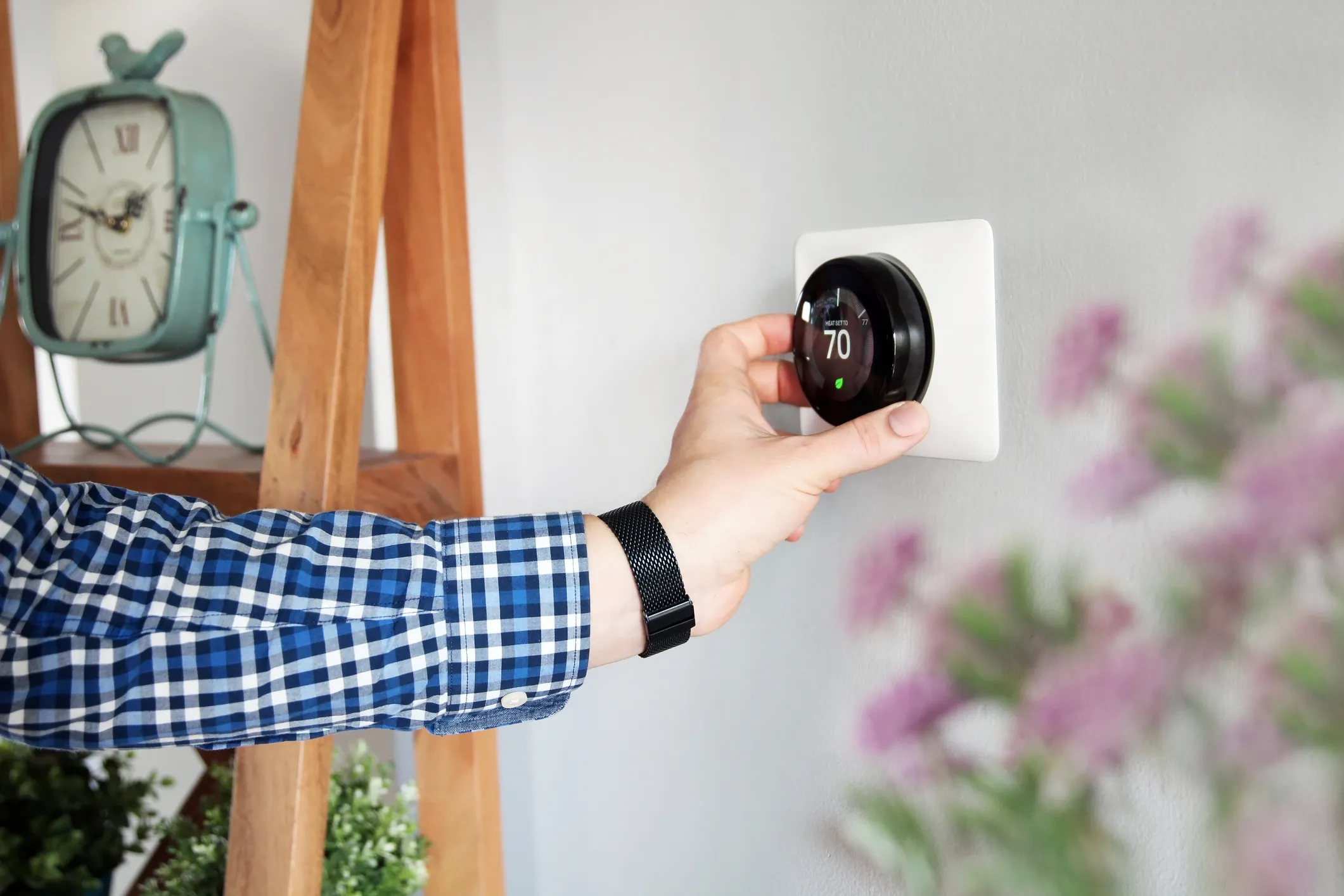Which Is More Expensive: Heating or Cooling
Have you noticed how your energy bills soar whether you’re trying to keep cool in the heat of summer or cozy during winter’s icy grip? This reality has made many homeowners wonder which costs more: home heating or cooling
This question isn’t necessarily straightforward, as it might differ based on a few things. Carefully review each one to know for sure whether your bills are likely to be higher in the summer or the winter. Then, try these tips to keep monthly energy costs down all year-round.
What Type of HVAC System Do You Have?
The equipment you use to cool and heat your home has a significant impact on your utility bills. Options range from the traditional furnace and air conditioner combo to an innovative heat pump or ductless mini-split. Older, less efficient systems usually have higher operating costs, while newer models deliver higher efficiency.
At the point your existing HVAC unit is more than 10 years old and you’re looking to save on heating and cooling, consider upgrading to a high-efficiency HVAC system. The perfect option for you is dependent on your home’s size and layout, the usual climate, and whether your home needs new ductwork or not.
What Fuels Do You Use to Heat and Cool Your Home?
The cost of heating and cooling two different homes may vary significantly based on their fuel sources. In many areas, natural gas is cheaper than electricity, making gas furnaces more affordable to operate than electric air conditioners.
On that note, electric furnaces are notoriously expensive to run. If electricity is your primary or favored choice, a heat pump is a more efficient alternative. This system offers both heating and cooling capabilities at a lesser expense than traditional electric furnaces or space heaters.
Considering Solar Panels for Economical Heating and Cooling?
Installing solar panels can considerably lower electricity costs, making them a wise financial decision for many homeowners. Solar panels are particularly beneficial for homes with primarily electric HVAC systems, including heat pumps or electric furnaces and air conditioners, as they use the sun’s limitless energy to power these systems.
Of course, solar energy can’t reduce the costs coming from natural gas or other fossil fuels. So in this kind of situation, heating with a gas-fired furnace is pricier than cooling with an electric AC.
How Does Your Local Climate Affect Heating and Cooling Costs?
The weather in your region is one of the most significant factors influencing heating and cooling costs. In general, the wider the temperature difference between inside and outdoors, the higher your energy use will need to be to maintain comfortable temperatures.
Therefore, cooling costs are usually higher than heating costs in warmer southern climates, where the frequency of severely high outdoor temperatures is more intense. Conversely, your overall heating costs far exceed cooling costs in northern climates with harsh winters, reflecting the energy used to keep the home warm all year long.
How Do You Set Your Thermostat?
Your thermostat settings have a direct effect on what you pay for heating and cooling. Preferences vary; some keep their homes warmer, leading to higher heating costs, while others prefer their home a little cooler, adding to their total cooling costs. Set your thermostat lower each winter and higher in time for summer, and then wear appropriate clothes to stay comfortable while cutting down energy use. A smart thermostat can optimize your thermostat settings, lowering your overall expenses.
How Landscaping Affects Your Heating and Cooling Costs
You might not consider it initially, but the landscaping you place around your home significantly affects home temperatures. Plants that offer afternoon shade for your house reduce cooling costs in the summer but can block warming sunlight in the winter. Conversely, having no shade on your property results in more costly cooling expenses and reduced heating bills.
Want to make your landscaping work for you? Plant several deciduous trees on your home’s south and west sides. This provides summertime shade while allowing the sunlight to filter through in the winter once the trees have lost all their leaves.
The Impact of Your Home’s Orientation on Climate Control
Even the orientation of your home affects its sun exposure, in turn influencing heating and cooling needs. Homes with considerable southern exposure receive more sunlight, making them easier to heat in the winter but potentially harder to cool in the summer. Homes oriented north, meanwhile, get less direct sunlight, which is better in the summer but requiring more heat in the winter.
Tailored HVAC Solutions to Meet Your Needs
Every homeowner’s situation is a little different. That’s why Enercare Accent offers custom HVAC solutions to maximize comfort and efficiency. Our fast, long-lasting services and repairs are designed to address all your comfort problems. So, if you want to reduce your heating and cooling costs without sacrificing comfort, reach out to Enercare Accent for personalized assistance.


